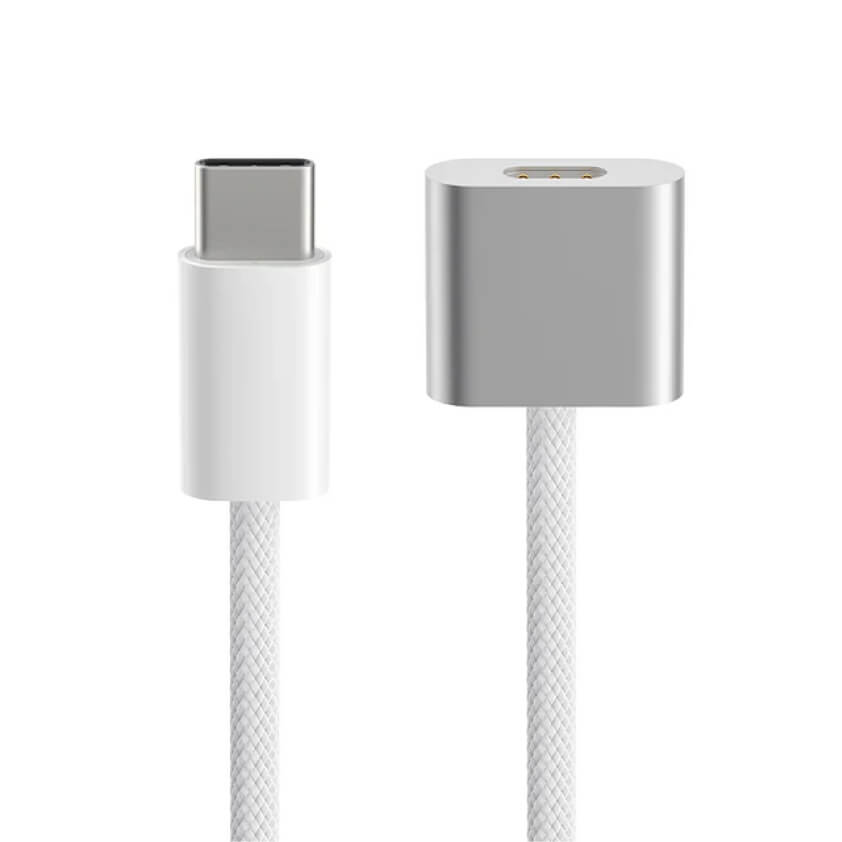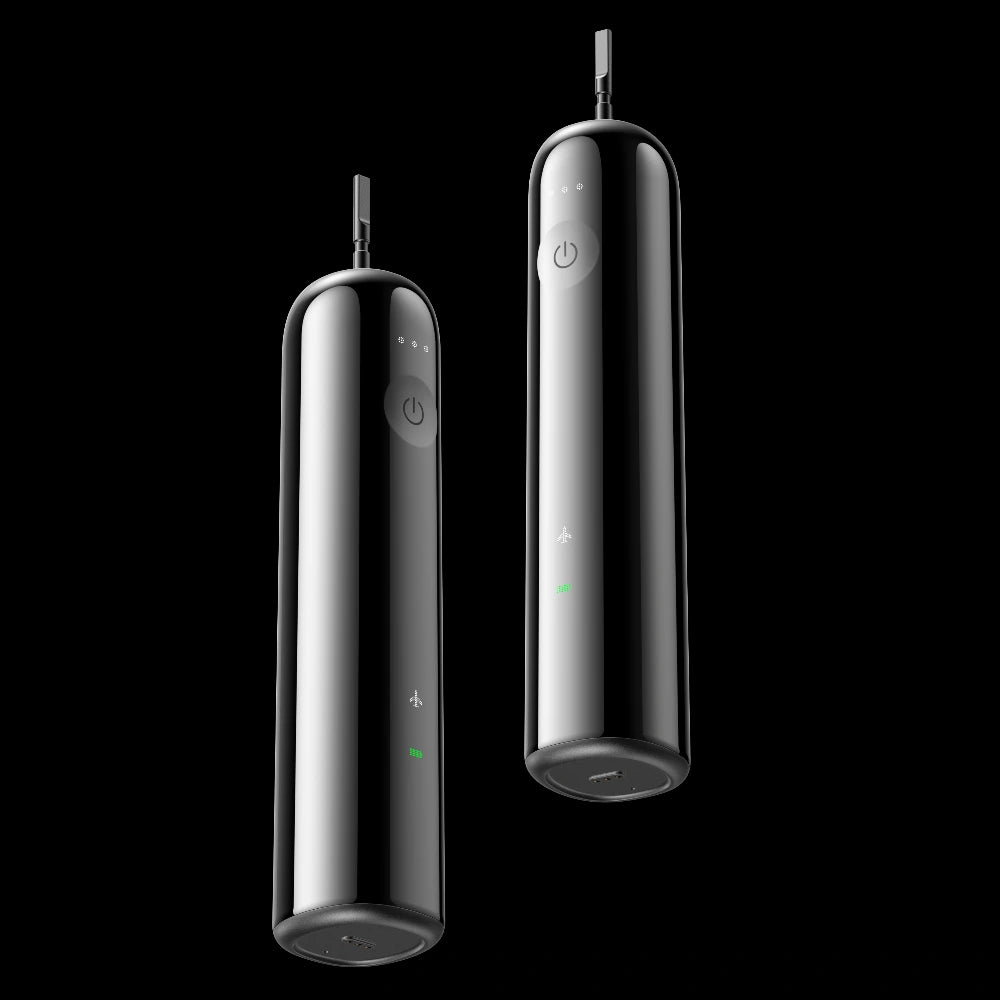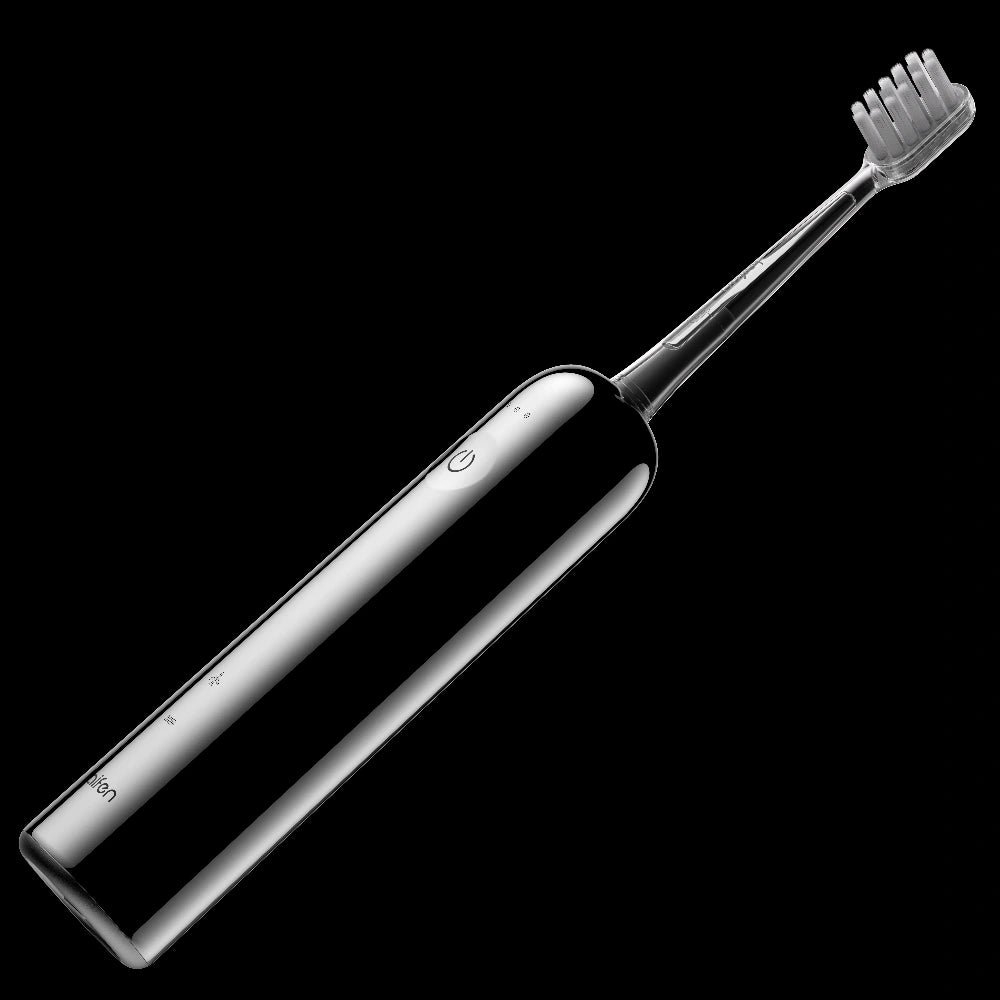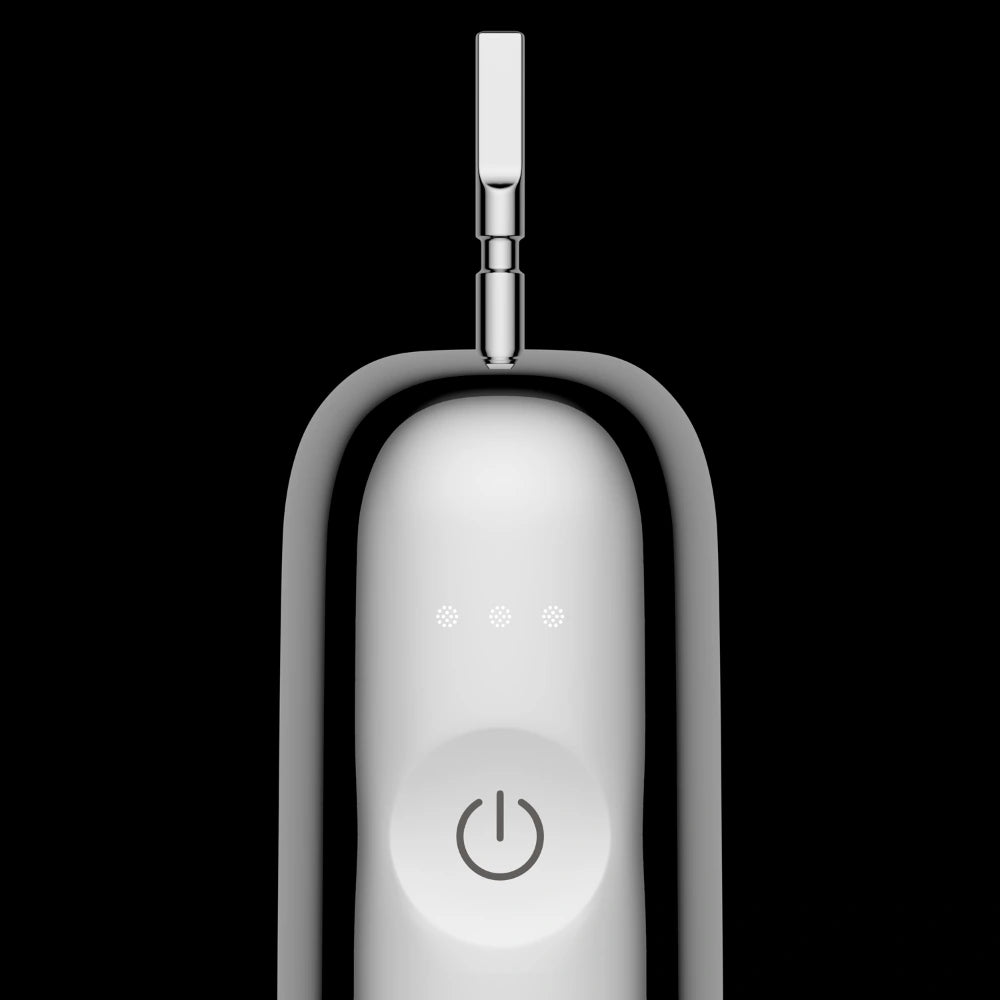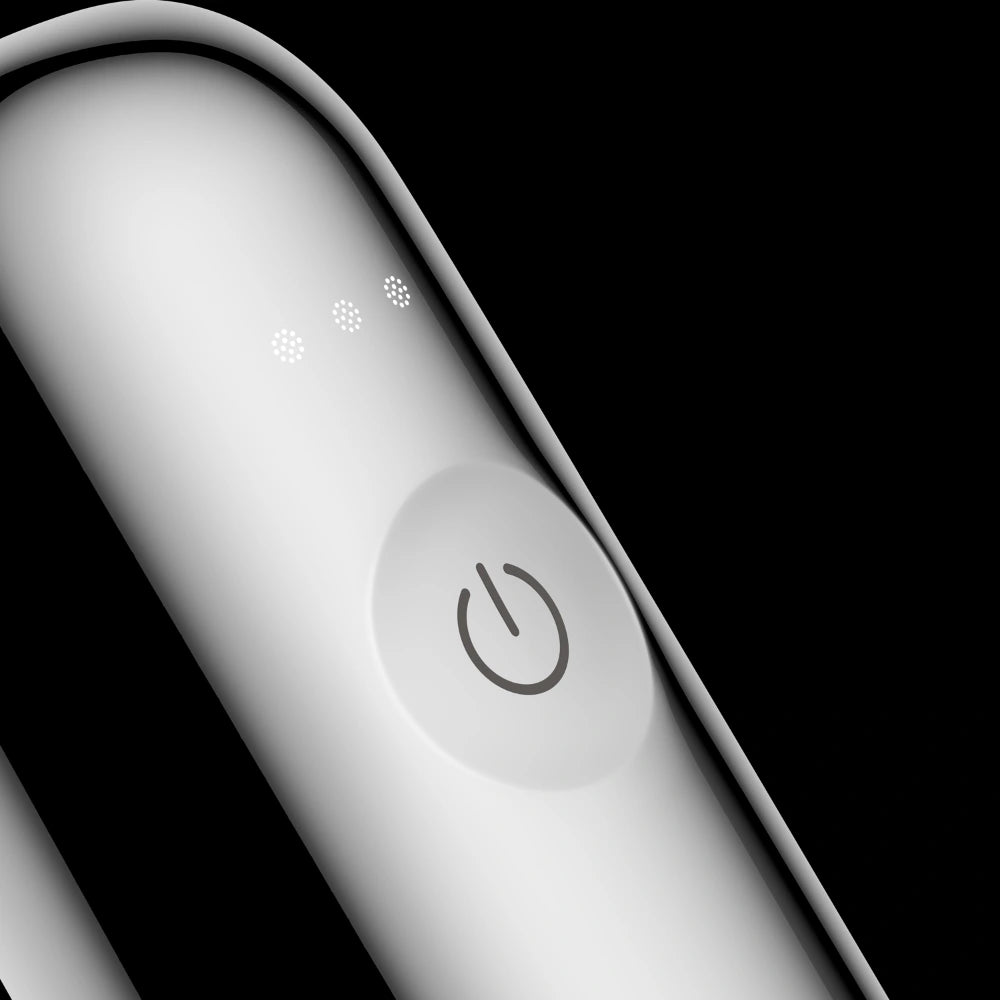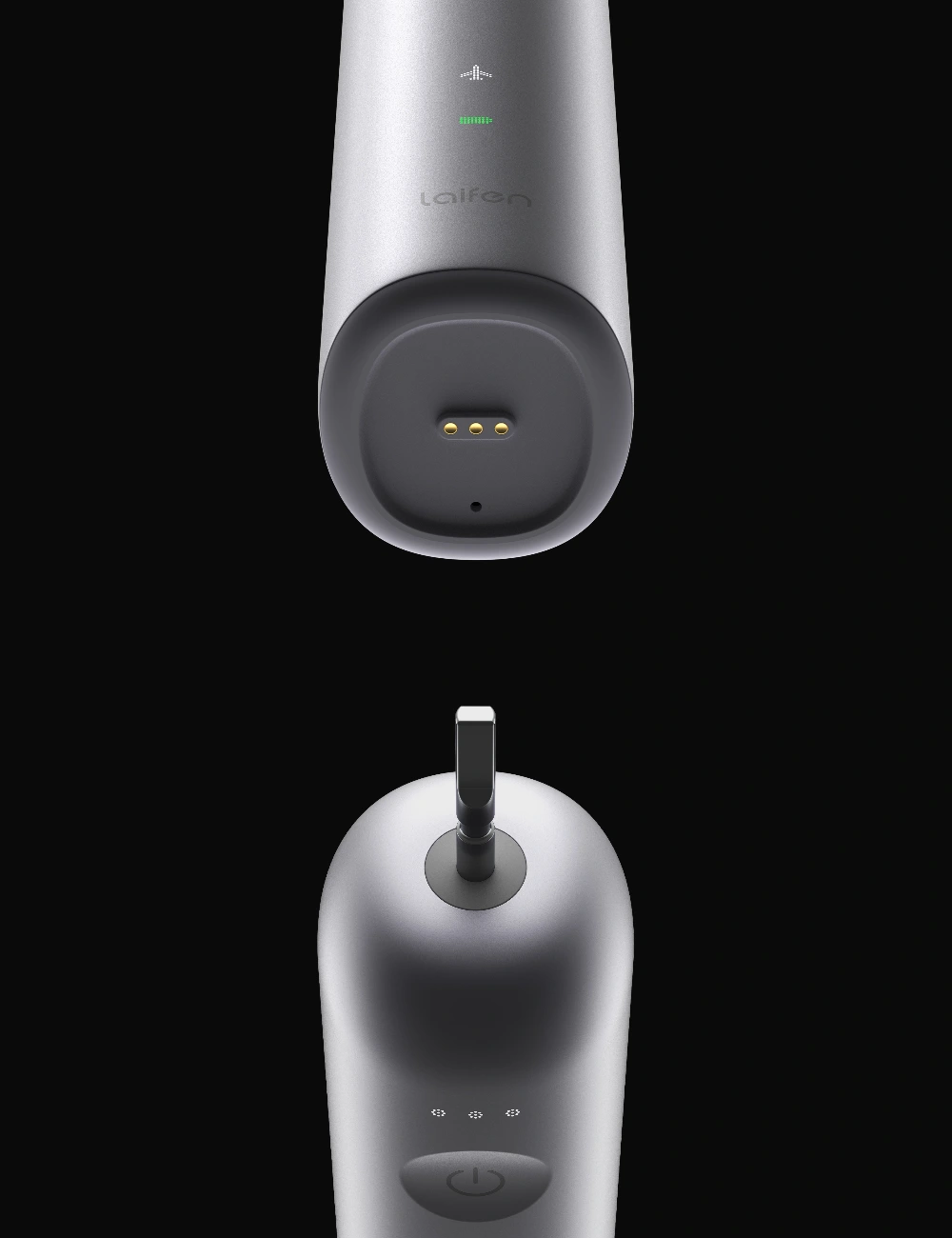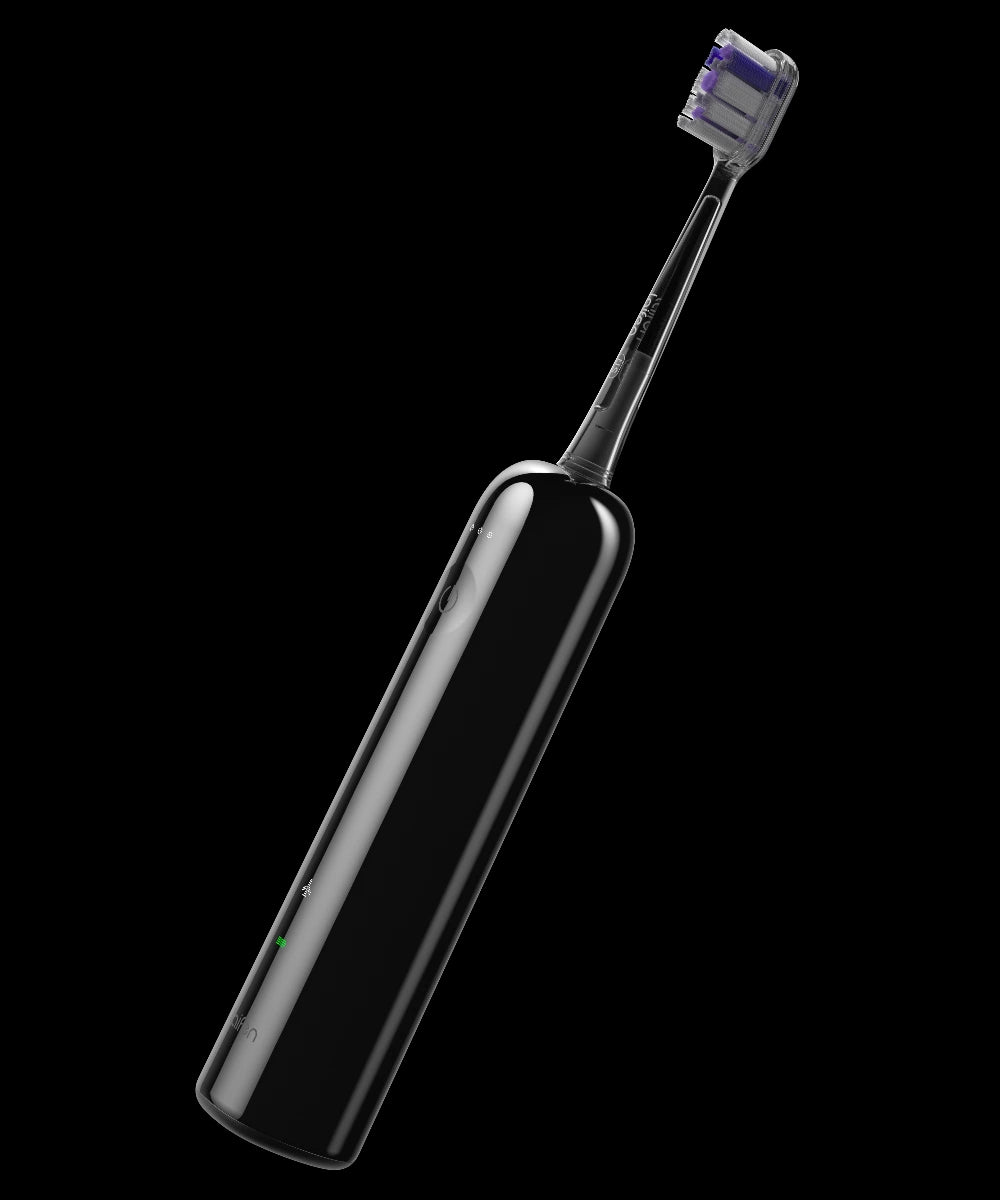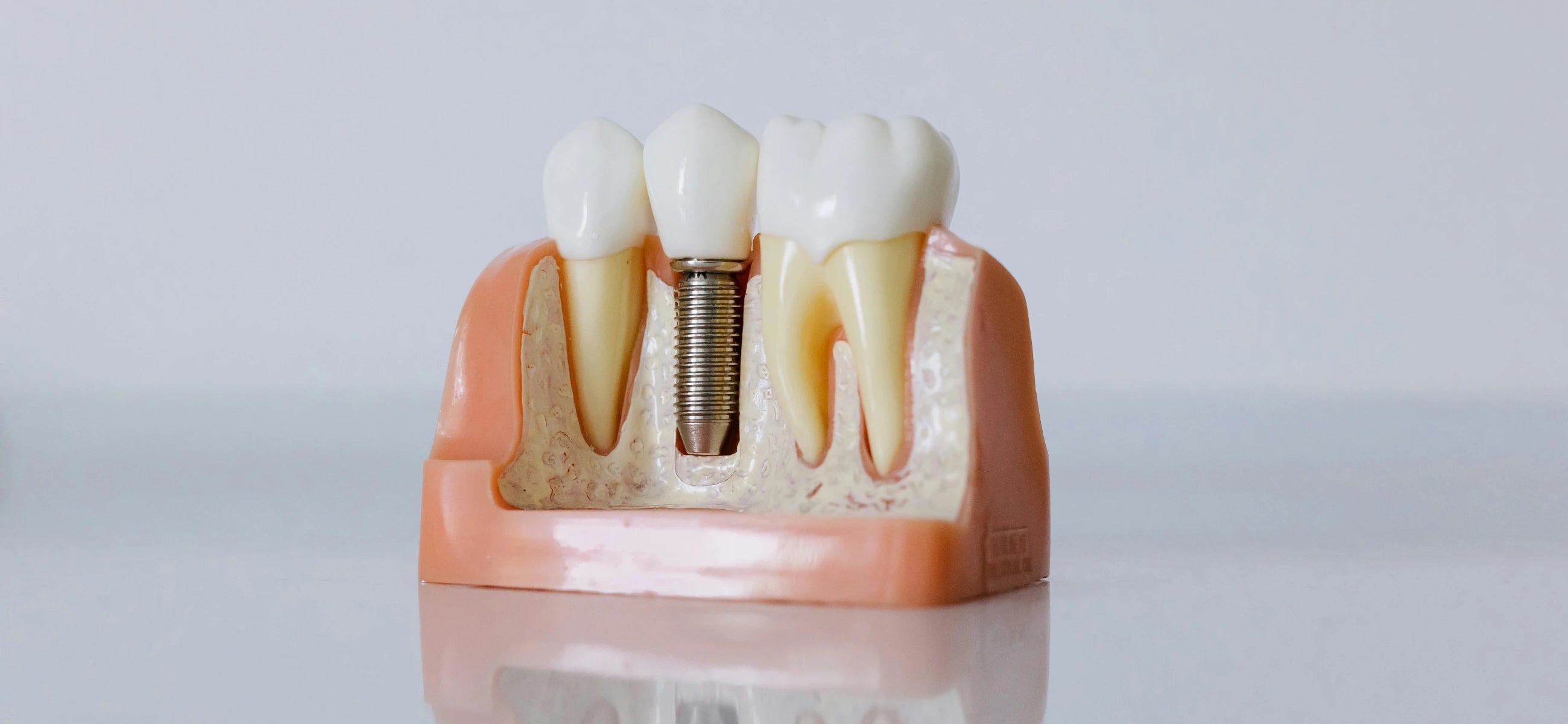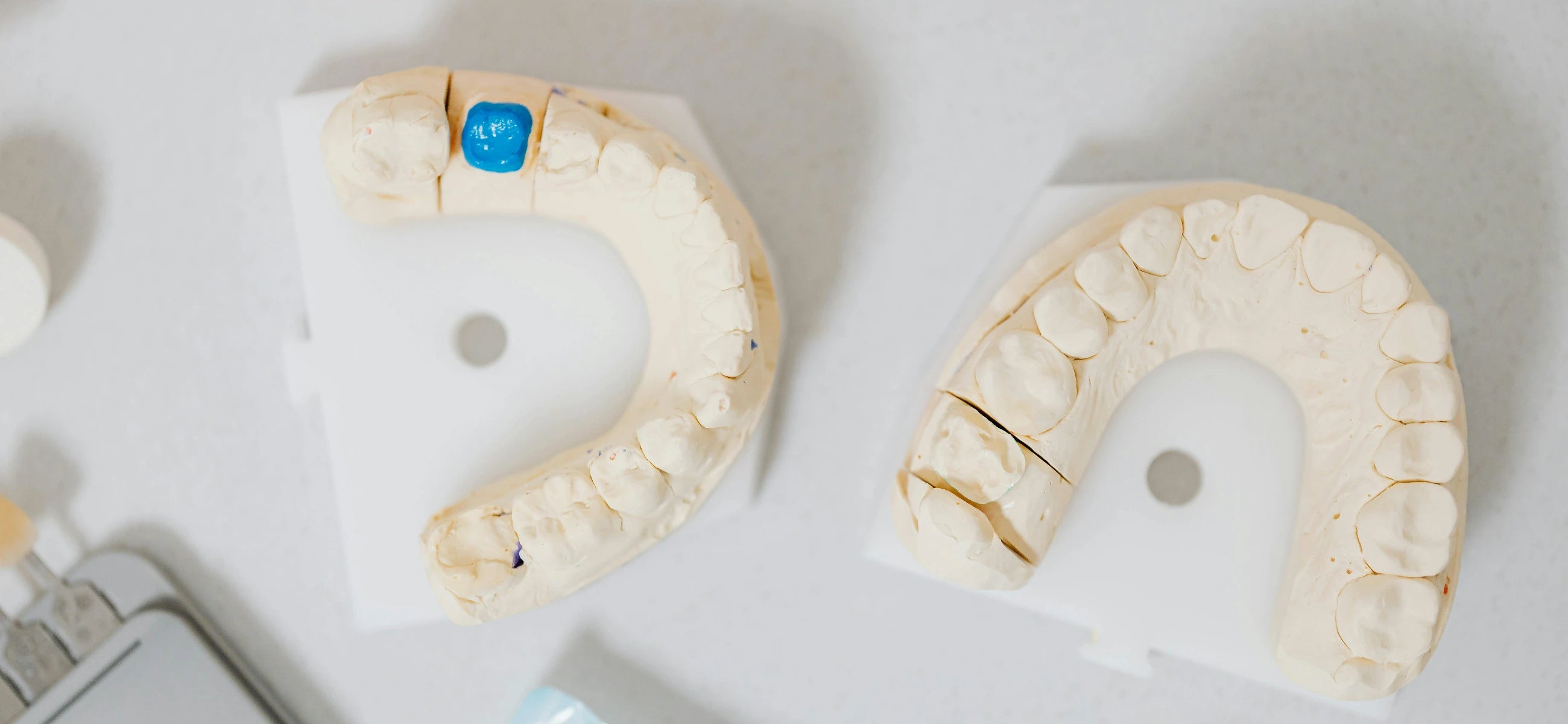
In this article
We need to start this post with a warning - if you have a dental abscess in your mouth, you should contact your dentist right away. If an abscess becomes infected, it can lead to serious health complications and it's not something you should mess with at home.
Equally, bursting an abscess with a needle at home is not a good idea. This can lead to pain and even more discomfort and it is not something that we recommend. Ultimately, if you want to drain a tooth abscess, please book an appointment with your dentist. But if you want to try some at-home remedies for managing the pain and easing some of your symptoms, here are some of the things you can try.
What is a tooth abscess, anyway?
A tooth abscess is a pocket of pus that occurs as a direct result of a bacterial infection in the mouth. Note that abscesses do not go away on their own, and they require treatment by a dentist.
There are numerous causes of abscesses and it might not be clear why it appeared in your mouth. Some people get an abscess because of a chipped or damaged tooth, while others suffer them due to a bacterial infection.
As well as swelling and pain in the mouth and gums, you might also experience a bad taste in your mouth, as well as swelling and a hot sensation around the affected area.
4 things you can try to dull the pain
While at home treatment of a dental abscess is not advised, here are some things you can try to dull the pain until your dental appointment comes around:
1. Salt water
One of the most tried-and-tested ways of alleviating the pain caused by a dental abscess is with a salt water solution. Though it tastes pretty bad, it's a good way to provide some temporary relief to your mouth.
Simply add half a teaspoon of table salt to half a cup of warm water. Then, rinse your mouth with the water, swish it around, and spit it out. Do this for around 2 minutes at least 3 times a day while you wait for treatment.
2. Baking soda
Like salt water, baking soda is a good remedy you can turn to at home. You might already use baking soda as part of your daily dental routine, as it's excellent for removing plaque from your teeth.
Follow the same process as above, and add half a teaspoon of baking soda to half a cup of warm water. Like the salt cure, you can do this 2-3 times per day to relieve some of the discomfort caused by your abscess.
3. Essential oils (clove or oregano)
Two of the best essential oils to treat a tooth abscess are oregano and clove. Oregano oil has anti-inflammatory properties, and it may help to reduce some of the swelling in your mouth.
On the other hand, clove oil boasts antibacterial properties and can reduce the risk of further infection.
It's really important to dilute both essential oils before using them. As soon as you have, add it to a cotton swab and place it directly onto the abscess for relief.
4. Fenugreek
Fenugreek has been used for generations in different countries for its antioxidant and antibacterial properties. The best way to make Fenugreek is as tea, which you can make in boiling water. We recommend letting the tea cool before dabbing some of it directly onto the abscess with a cotton swab.
When should I see a dentist?
While each of the methods introduced above can help to alleviate some of the pain and discomfort caused by a dental abscess, they cannot treat the infection.
Therefore, as soon as you notice that you have an abscess, you should call your dentist and arrange for it to be drained as soon as possible to prevent it from becoming worse.
In the meantime, you can use some of the options above as natural remedies to try and manage the pain and swelling until the dentist is ready to see you.
You can also ask your dentist about over-the-counter pain medications that you can take to ease the pain caused by the dental abscess, which may be necessary if you have to wait a few days before treatment can begin.
The bottom line
So, you cannot drain a tooth abscess at home, though there are some herbal remedies as introduced above that you can use to help ease the pain. Please see your dentist as soon as you notice you have an abscess to begin treatment.













